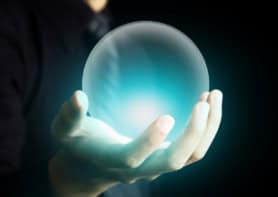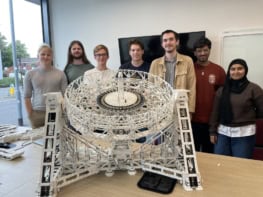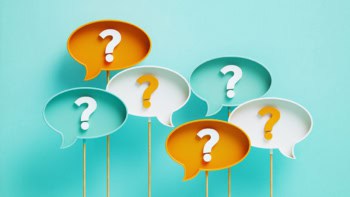By Hamish Johnston

The BBC has a wealth of archive material at its disposal – everything from Led Zeppelin performances to television programmes featuring the late physicist Richard Feynman.
The latter was featured earlier this week on the BBC Radio 4 show The Archive Hour, presented by particle physicist and media darling Brian Cox.
“As curious as he was clever”, is how Cox describes Feynman. In an archive recording, Hans Bethe calls Feynman “a magician”.
Feynman (1919–1988) is widely celebrated as the greatest physicist of his generation – the first generation after the founding of quantum mechanics.
Heisenberg, Shrödinger and Dirac were a tough act to follow, but Feynman did so with remarkable flair. He developed the path integral formulation of quantum mechanics, shared the 1965 Nobel prize for his work on quantum electrodynamics, and brought us Feynman diagrams.
Feynman was also a keen teacher and populizer of physics, which is what much of the BBC programme focuses on. It includes contributions from Steven Weinberg, Freeman Dyson and the filmmaker Christopher Sykes. In the 1980s, Sykes made a series of television programmes with Feynman called The Pleasure of Finding Things Out and Fun to Imagine, which you can also watch on the BBC website .
A fascinating insight into how Feynman explains science can be had from an exchange in which Sykes asks Feynman a simple question about why magnets repel each other. Feynman admits that there is no simple way of explaining why and trying to simplify the problem would do the questioner no service.
But the highlight of the programme is listening to Feynman speaking enthusiastically in his “Noo Yawk” accent about why he is curious about science – sounding more like a Borscht Belt comedian than one of the 20th century’s greatest thinkers.
There were no mother-in-law jokes, but Feynman did tell a funny story about his childhood summers in the Catskills.



